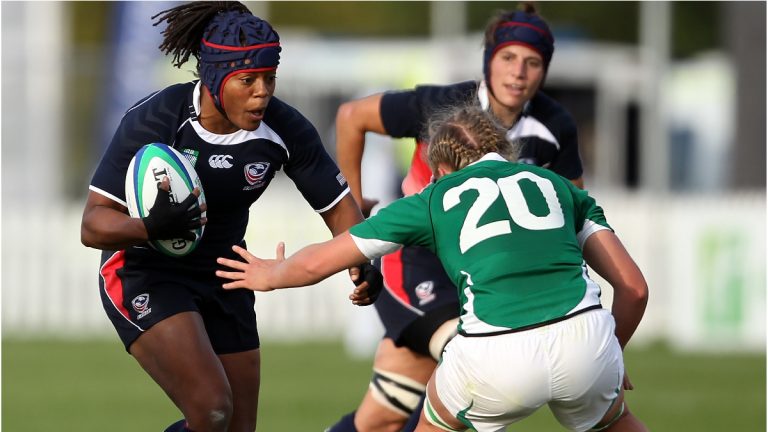IOC's policy on athlete medical marijuana use looser than U.S. sports leagues
Why this matters
WADA maintains rules for Olympic athletes that are different than most major American sports leagues, citing health risks and a violation of the "sprit of sport." This creates complicated layers of governance that don't always align with public opinion.
Twenty years ago, a Canadian snowboarder named Ross Rebagliati became famous for two intertwined reasons.
He won the first Olympic gold medal in the history of the sport at the 1998 Nagano Olympics. And he nearly lost that medal after testing positive for marijuana.
Rebagliati, who has since become a cannabis entrepreneur in his home country, kept that medal when it turned out marijuana was not on the Olympics’ list of banned substances. Soon after Rebagliati’s victory, marijuana was added to the list by the World Anti-Doping Agency (WADA), which was created by the International Olympic Committee to help standardize drug-testing policy.
Related: Cannabis: Changing Perceptions, Attitudes, & Policies
While laws regarding its use have been relaxed over the years, cannabis remains on that list. But with more American states and more countries altering their policies on cannabis, why is it still prohibited? And could it be removed from the banned list soon — perhaps before the 2020 Olympics in Tokyo?
The Olympic policy is actually far more progressive than that of nearly every American sports league. The threshold for a positive test was raised a few years ago from 15 to 150 nanograms of tetrahydrocannabinol (THC) per milliliter of blood — a level high enough to convey the message that “Olympic officials don’t give two squirts about marijuana,” High Times magazine wrote, as long as you don’t actually show up to the Games while stoned.
In addition, the other major compound in cannabis, cannabidiol (CBD), which does not contribute to the “high” from marijuana and has shown a number of potentially positive effects in studies — was taken off the prohibited list in 2017.
THC (the compound that causes the high) is still prohibited at those elevated levels, as WADA officials claim it meets at least two of the three criteria for being added to the list of banned substances.
So what are those criteria?
The first is the substance is a “performance-enhancer.” In the case of THC, the website of the United States Anti-Doping Agency (USADA) states, marijuana can “cause muscle relaxation and reduce pain during post-workout recovery.” It can also “decrease anxiety and tension, resulting in better sport performance under pressure,” (something certain studies have shown CBD can do on its own) and can “increase focus and risk-taking behaviors,” allowing athletes to “forget bad falls or previous trauma.”
The second criteria is “actual and potential health risk.” According to the USADA website, marijuana can affect respiratory, cardiac and mental health — and chronic use has also been linked to mental illness. It should be noted that research in the United States on cannabis is limited, in part because it is still listed as a Schedule 1 narcotic — substances considered to have a “high potential for abuse” — but a number of recent studies have contradicted at least some of these positions.
The third criteria? Marijuana use represents a “violation of the spirit of sport.” Because marijuana is illegal in most countries, USADA’s website states, “it does not exhibit the ethics and moral judgment that upholds the spirit of sport.”
A USADA spokesperson referred all questions to WADA, stating that organization “makes the ultimate decision.”
“It is important to note that the List is not static but evolves based on new scientific evidence, as well as, to a lesser degree, changes of use and cultural elements,” WADA spokesperson Maggie Durand said in response to questions from Global Sport Matters. “Therefore, WADA maintains dialogue with athletes, administrators, scientific experts and other stakeholders and closely follows the literature in this area to obtain new evidence and information as it becomes available.”
She also emphasized that the “legal status” of cannabis was not one of the three criteria for a substance being added to the list. When asked to clarify several points, including whether the irrelevance of legal status invalidated the position spelled out on USADA’s website that cannabis “violated the spirit of the sport,” Durand did not respond.
Michael Weinreb is a freelance writer for several outlets, and is working on a book about football as it relates to the evolution of American culture.





